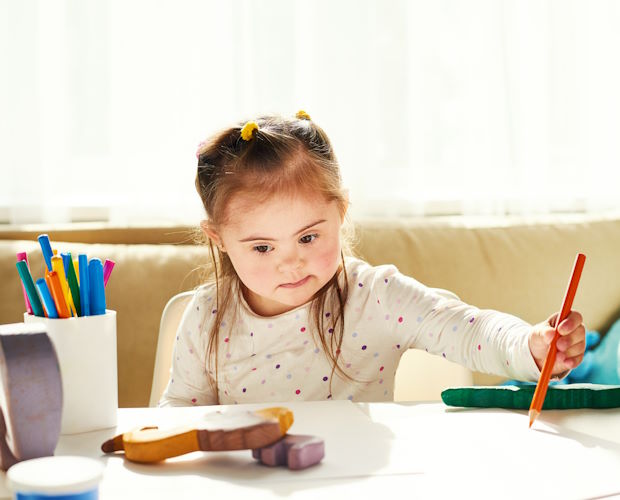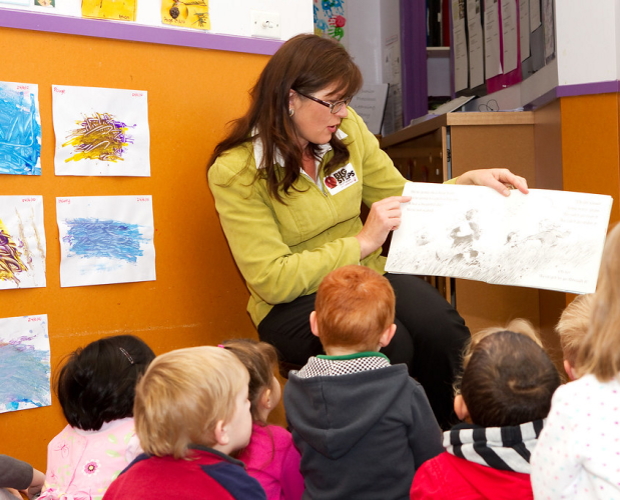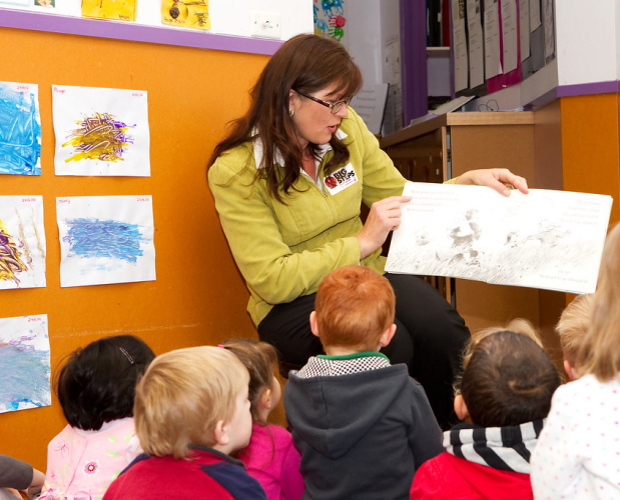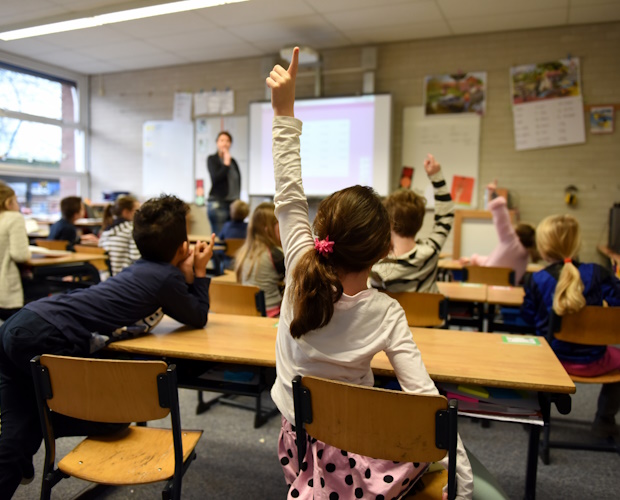
Exploring the Future of Early Education
The Early Education and Childcare Coalition (EECC) is launching a new webinar series that will explore the Labour Government’s plans for the future of early education.

The Early Education and Childcare Coalition (EECC) is launching a new webinar series that will explore the Labour Government’s plans for the future of early education.

Earlier this month, the Rural Market Towns Group (RMTG) held a sounding board session centered on the challenges and opportunities facing young people in rural communities.

Download the presentation from this event below:

Educational attainment amongst children with special educational needs and disabilities (SEND) has not improved since the introduction of landmark reforms in 2014, despite councils projected to be spending £12bn on

A recent report by the BBC reveals a disturbing trend of increasing nursery closures across England, with a staggering 50% rise in the 2022-23 academic year compared to the previous

New research from the Early Education and Childcare Coalition (EECC) and More in Common finds that 68% of all voters think the next government should prioritise early education and childcare

The recent closure of St Hilda’s Primary School in Ampleforth marks a concerning trend for rural communities in North Yorkshire. As the 34th rural primary school to close in the

Considering recent findings from the research titled

The landscape of digital inclusion across the UK’s rural communities is undergoing a critical examination, underscored by the comprehensive studies conducted by the University of Liverpool and its partners

UK Research and Innovation (UKRI) has taken a step forward in addressing health inequalities with a series of innovative projects under its Mobilising Community Assets to Tackle Health Inequalities Programme

The Early Education and Childcare Coalition (EECC) is launching a new webinar series that will explore the Labour Government’s plans for the future of early education.

Earlier this month, the Rural Market Towns Group (RMTG) held a sounding board session centered on the challenges and opportunities facing young people in rural communities.

Download the presentation from this event below:

Educational attainment amongst children with special educational needs and disabilities (SEND) has not improved since the introduction of landmark reforms in 2014, despite councils projected to be spending £12bn on these services by 2026, up from £4bn a decade ago.

A recent report by the BBC reveals a disturbing trend of increasing nursery closures across England, with a staggering 50% rise in the 2022-23 academic year compared to the previous year.

New research from the Early Education and Childcare Coalition (EECC) and More in Common finds that 68% of all voters think the next government should prioritise early education and childcare as much as primary school, with the same number saying more funding for early years would benefit the country in the long-term

The recent closure of St Hilda’s Primary School in Ampleforth marks a concerning trend for rural communities in North Yorkshire. As the 34th rural primary school to close in the county since 2018, the decision underscores the critical need to address the challenges facing rural education and services.

Considering recent findings from the research titled

The landscape of digital inclusion across the UK’s rural communities is undergoing a critical examination, underscored by the comprehensive studies conducted by the University of Liverpool and its partners

UK Research and Innovation (UKRI) has taken a step forward in addressing health inequalities with a series of innovative projects under its Mobilising Community Assets to Tackle Health Inequalities Programme